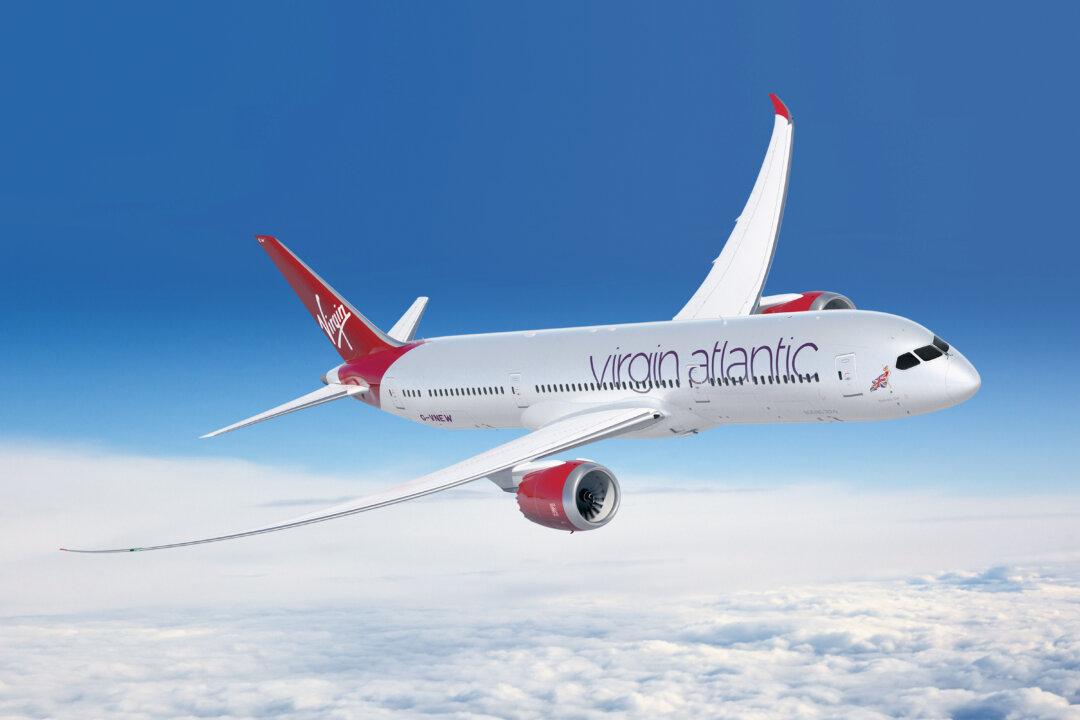Transport Secretary Mark Harper is on board the first transatlantic flight using sustainable aviation fuel (Saf), having described it as being a “step” toward guilt-free flying.
Virgin Atlantic became the first airline to use Saf to fuel a passenger plane as one of its Boeing 787-9 Dreamliners took off from London’s Heathrow Airport at 11:45 a.m. headed to John F. Kennedy Airport in New York.





